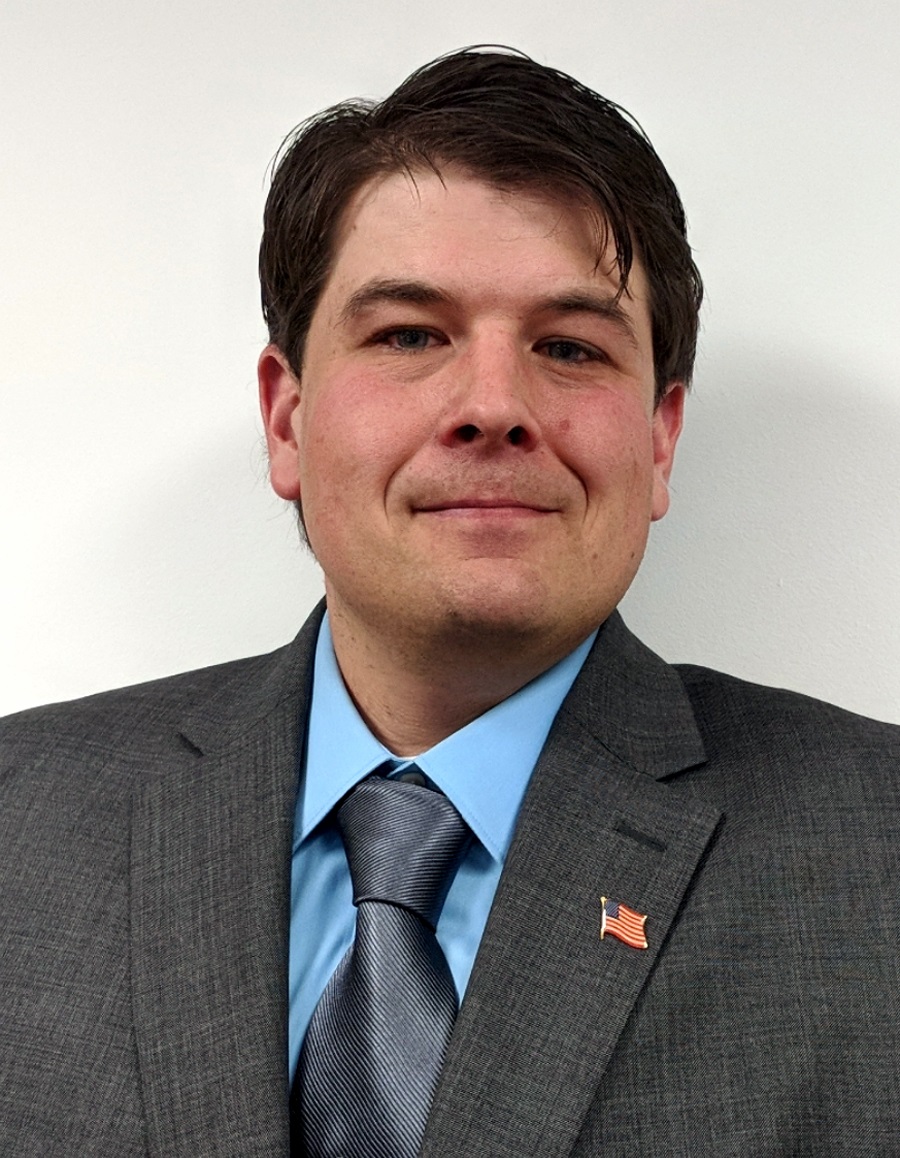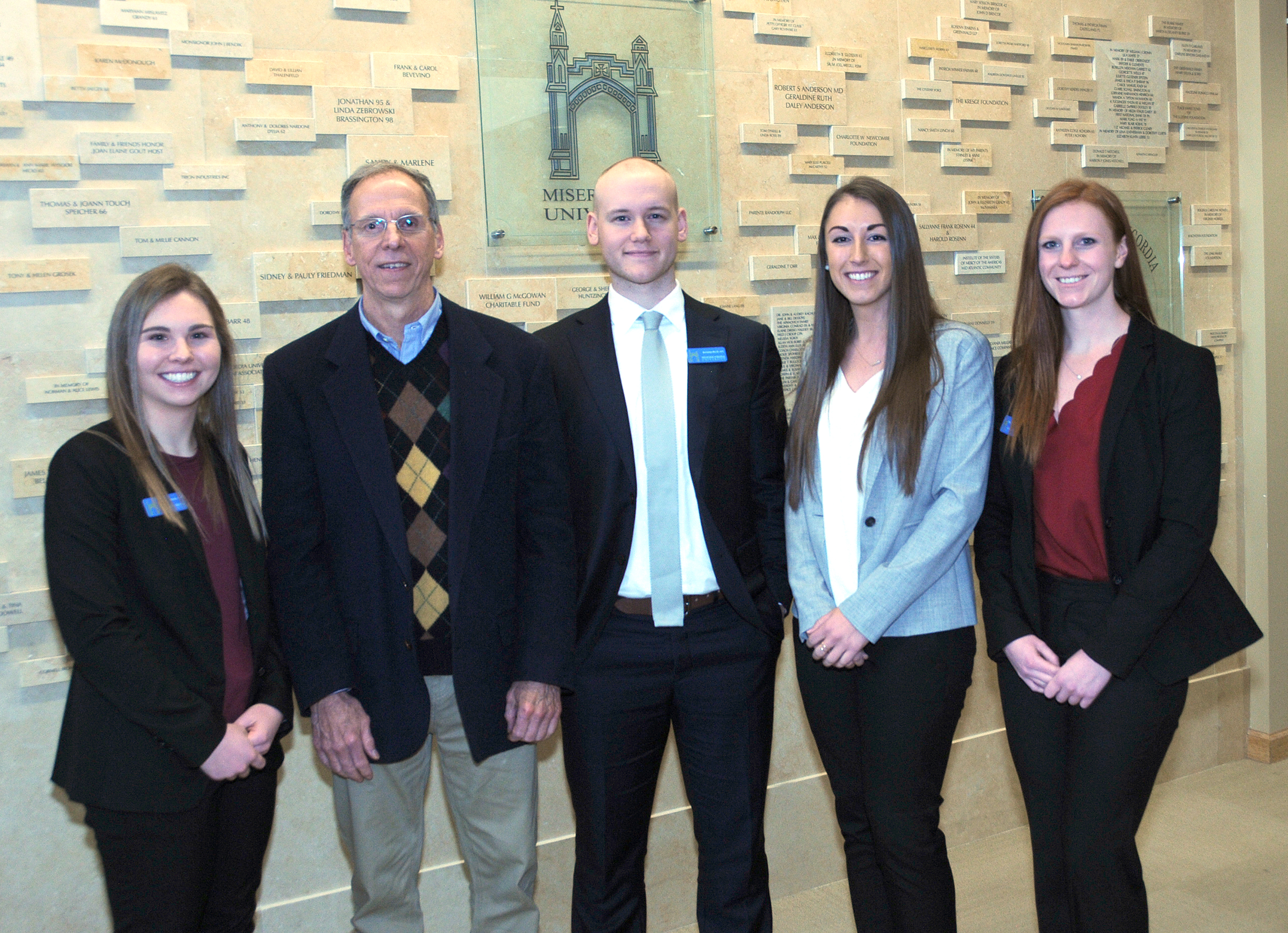By Peter Lyons Hall
On Sunday afternoon, February 11, 2024, a packed audience in the Greenwood Lake Library listened attentively as Town Historian, Prof Richard Hull told the story of how in 1919 a handful of determined members of the Carlton Avenue YMCA in Brooklyn bought 143 acres of land adjacent to Greenwood Lake, and turned it into the first Black Resort Community in New York State, known as Greenwood Forest Farms.
The ‘Colony’ as it came to be called was an immediate success and by 1938 it boasted of twenty-eight neat cottages set in individually landscaped trellised flower and vegetable gardens. The corporation, known as Sterling Forest Farms, then set aside land for a club house and a man made recreational lake. Community roads were owned and maintained by the residents, wells were private, and until the 1940s the colony generated its own electricity. “The hotels would not allow African-Americans, Jews or Italians on their properties,” says Kwame Johnson, one of the attendees at Hull’s lecture, and a third-generation homeowner at Greenwood Forest Farms. “So, members of those ethnic groups had to look elsewhere for vacations,” continued Johnson.
Greenwood Forest Farms was widely known by New York’s Black elite. “Properties were owned by such luminaries as the famous lyricist and music publishing magnate, Cecil McPherson (“Cecil Mack”), and his wife Dr. Gertrude Curtis who was New York’s first African- American woman dentist,” remarked Hull. There was also Robert J. Elzy, an early civil rights leader and head of Brooklyn’s Urban League. A neighbor, Hon. Myles A. Paige, was a prominent Family Court Judge and was one of the first Black graduates of Columbia Law School. Then there was J. Rosamond Johnson, a composer and conductor, who performed on Broadway in ‘Cabin in the Sky’ and ‘Porgy and Bess’ and who in 1912 had become Director of London’s Grand Opera House. The world-famous writer Langston Hughes was only one of many literary figures who frequented the bucolic colony. It also became a haven for such civil rights giants as James Farmer and Harold W. Cruse.
At the secluded and exclusive Greenwood Forest Farms residents and guests could enjoy live music, dance, poetry readings, swimming, boating, tennis, billiards, and even horseback riding. Relations with such white farmer neighbors as the Everett Cox family were extremely cordial and endure to this day.
“Ironically, it was the 1964 Civil Rights Act that started the decline of the community,” revealed Hull, “since successive generations of the original founders began to realize that they would have more choices in where to spend the weekend or the summer. Eventually, the children and grandchildren of the founding colonists became more integrated in the surrounding regions, schools, churches, and fabric of society. Historical markers were eventually erected within the community and the original 28 homes are still evident, although some have been expanded as new residents have moved in.
In 2017 the Orange County Land Trust (OCLT) announced the protection of 73 acres of the original 143 acres of Greenwood Forest Farms, now part of the Town of Warwick. The acquisition by the Land Trust was part of an ongoing effort to protect habitat buffering the Doris Duke Wildlife Sanctuary section of Sterling Forest State Park.
More historical events are planned in the coming weeks and months as part of the Centennial celebration of the village of Greenwood Lake. To learn more click on GWLCentennial.org.






